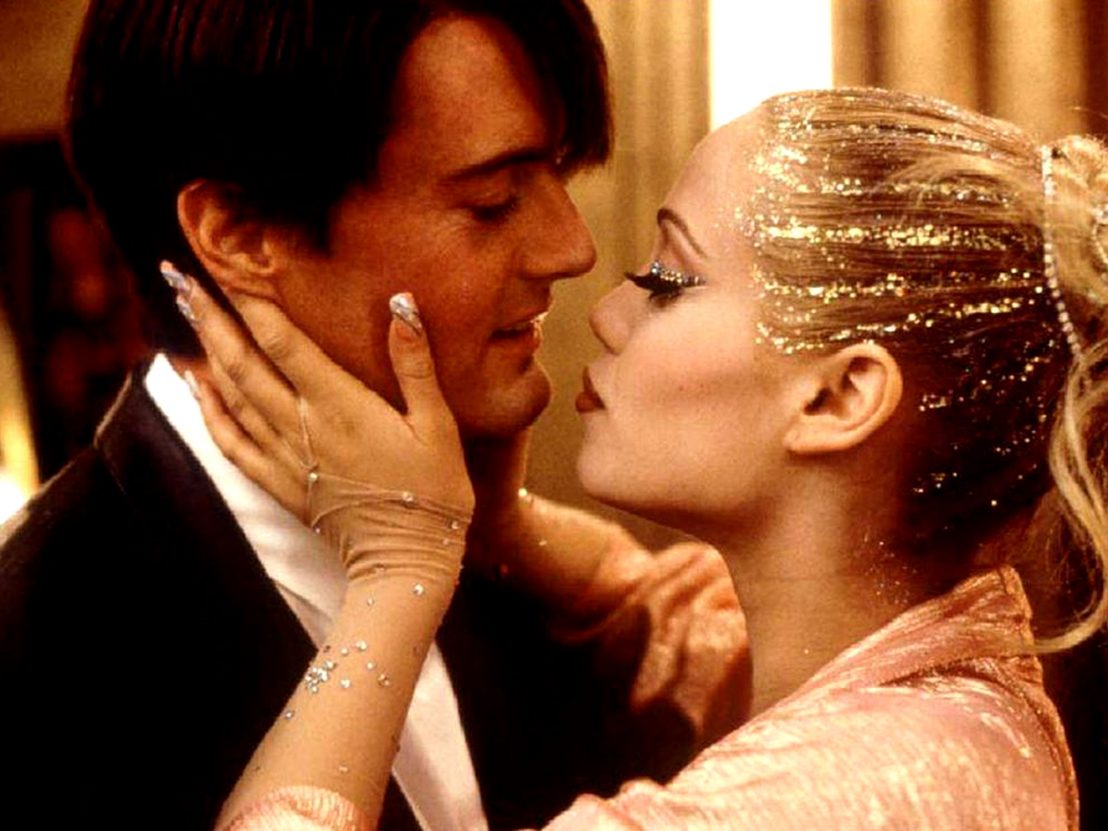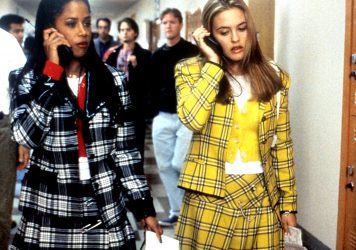
Is there such a thing as a guilty pleasure? It’s certainly common for people to feel a sense of shame over their enjoyment of a particular kind of film. Indeed, it can be easier in conversation to praise a canonical classic instead of professing your love of something that might be deemed to have less artistic merit. But in Guilt-Free Pleasures, a new hour-long essay film by Catherine Bray, the above question is posed in a deeper sense.
Is that feeling of guilt over enjoying a movie completely due to social situations or is it rooted in something more psychological? Furthermore, is guilt useful for filmgoers in dealing with our own moral consciences? Alongside editor Anthony Ing and narrator Mae Martin, Bray utilises footage from over 100 films to attempt to answer these questions and figure out why audiences keep coming back to works that make them feel ‘guilty’.
Bray has her own theory as to why audiences continue to embrace films that can cause them social discomfort. “Maybe we just like feeling a little bit bad sometimes,” she says. “My film proposes essentially that we try to own our harmless pleasures and not apologise for what we like. But maybe I’m taking away that sinful feeling. If watching something purely because it’s so wrong is what you enjoy, then me telling you, ‘It’s totally fine, enjoy yourself’ might take some of the fun out.”
The film begins by exploring traditional subjects of ‘so-bad-it’s-good’ cinema, like Tommy Wiseau’s cult classic The Room. There is detail provided of the levels of failure and why certain types of audiences are drawn to disasters, with enjoyment apparently derived from watching something go wrong. The film jumps between big-budget flops and independent films by directors with big ideas but not a lot of talent or money. Bray examines the cults around these idiosyncratic films, showing how they’re warmly embraced specifically because of their faults.
Fundamentally, Guilt-Free Pleasures explores the nature of guilt in our response to art. The majority of the film is devoted to popular films, blockbusters with lots of explosions, and romantic comedies that fulfil emotional fantasies. Bray details the prominence of their respective audiences while showcasing how many people feel embarrassed over their affection for them. It is clearly not the same as laughing at Xanadu but something far deeper about the ways canonisation affects cultural perception.
Bray’s thesis is strengthened when she examines genre cinema. While horror films are frequently dismissed if their purpose is simply to provoke fear or disgust, those with grander ambitions are often praised for going “beyond horror”. Bray dismisses the idea that horror has to make an artistic statement in order to be worthy of praise, citing Jordan Peele’s Get Out as an example of a critically acclaimed horror movie which drew inspiration from dismissed genre classics.
Given that cinema is too many people a means of escapism, why should we feel guilty about taking pleasure from jump scares and general silliness? “I love horror, I love rom-coms, I love films where a giant or whatever attacks something,” Bray admits. “But I noticed that whether people use the specific term ‘guilty pleasure’ or not, there’s a consistent pattern of apology for liking certain kinds of horror, certain kinds of rom-com. It’s okay to like Hereditary, but if you’re into the Saw sequels it’s seen as a little bit less legit.”
In the final part of the film, Bray tackles heavier subjects such as director Roman Polanski, a convicted sex offender who has created some of the most influential films ever made. Bray’s focus shifts from liberating audiences’ need to feel shame to understanding the justifiable feelings of guilt that come from enjoying the work of a disgraced artist. It helps strengthen the idea that our collective guilt should move away from denying our affection for car chases towards something more important.
There isn’t any judgement against those who can set aside a filmmaker’s transgressions, but it’s guaranteed to make you reflect on your own artistic perceptions and biases. “Towards the end of the film,” Bray explains, “we ask people to consider the ways in which guilt might be positively reimagined as part of our viewing choices, acting almost as a kind of collective conscience, which I hope is a thoughtful, balanced moment amid all the fun stuff.”
Guilt-Free Pleasures airs on BBC Four at 10pm GMT, and will be available to watch on iPlayer thereafter.
Published 2 Dec 2020

By Ed Gibbs
Paul Verhoeven’s infamously trashy Showgirls is reappraised by commentators and fans ahead of its 25th anniversary.

By Katie Goh
The musician-turned-filmmaker explores the history of the genre in her insightful debut, Romantic Comedy.

By Chris Blohm
Charlie Lyne’s debut feature is a dizzying and dedicated essay on the previously unheralded genre of teen movies.